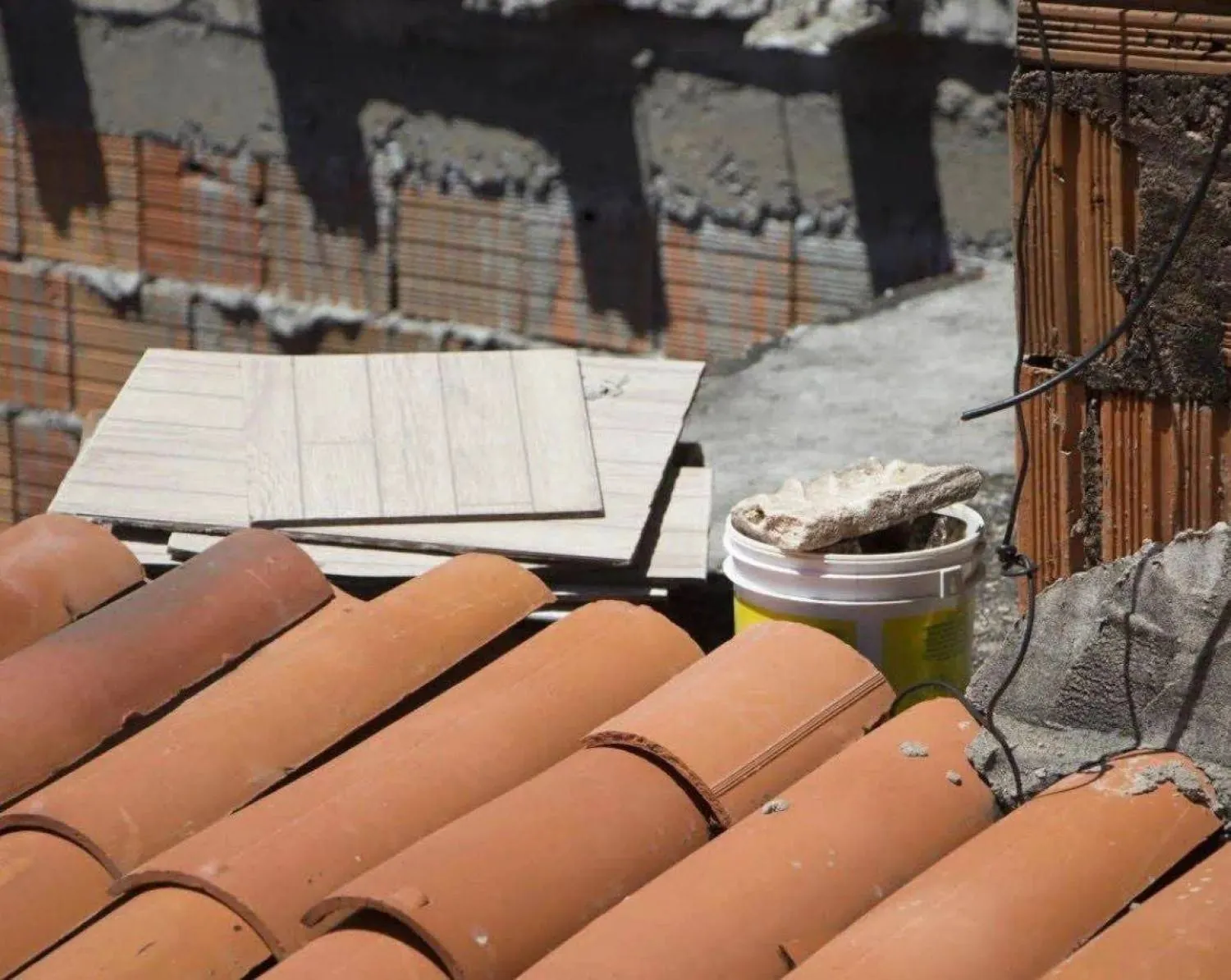Chinese Premier Li Qiang voiced hopes for China and Saudi Arabia to continue strengthening their development strategies and expand cooperation in various fields.
He also stressed the need to keep deepening ties between the two nations and boost Chinese-Gulf and Chinese-Arab relations. Li made the comments during his official visit to Riyadh, which began on Tuesday.
The premier expressed his pleasure at visiting Saudi Arabia and delivered warm greetings and best wishes to the Saudi government and its welcoming people.
He also noted the strong historical friendship between the two countries, despite their distance.
Li highlighted the long history of Chinese and Arab civilizations, noting their connection through the Silk Road over 2,000 years ago. He said that, over the past 34 years since diplomatic ties were established, both cultures have significantly contributed to global progress.
The premier noted the significant progress in China-Saudi relations, attributing it to strong cooperation between both countries, which serves as a model for China-Arab and South-South cooperation.
He also recalled President Xi Jinping’s visit to Saudi Arabia in December 2022, where Xi attended three major summits: Saudi-China, Gulf-China, and Arab-China.
During this visit, Xi and King Salman signed a “Comprehensive Strategic Partnership Agreement,” and a “High-Level Saudi-Chinese Joint Committee” was created, with meetings held alternately in each country.
Li noted that China and Saudi Arabia have been working for over a year to implement key summit agreements, boosting political trust and balanced cooperation across various areas.
He emphasized their close coordination on regional and global issues, which has strengthened their strategic partnership and advanced Chinese-Gulf and Chinese-Arab relations.
Trade and investment between China and Saudi Arabia have surged over the last few years. In 2023, China invested $16.8 billion in Saudi Arabia, up from $1.5 billion in 2022. Saudi investments in China reached 75 billion riyals.
Trade between the two countries hit $97 billion last year, with Saudi Arabia exporting $54 billion worth of goods to China and importing $43 billion. China has been Saudi Arabia’s top trading partner for the past decade.
In education, Saudi Arabia recently added Chinese language courses to its schools and hired 171 Chinese teachers. Additionally, 100 Saudi teachers are studying in China to earn master’s degrees in teaching Chinese.









